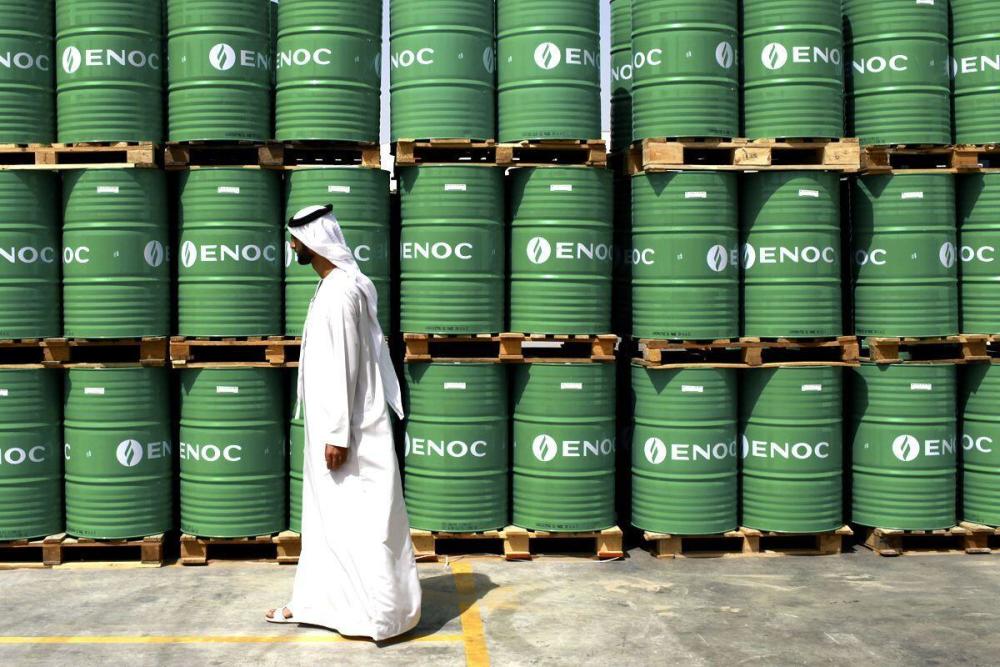
Recently, with the continued tension in the Middle East region, global oil prices have once again risen, with WTI crude oil breaking through $78 per barrel and Brent crude oil reaching a high of $81 per barrel. This change is affecting the nerves of the global energy market.
As an important hub for global energy supply, any fluctuations in the situation in the Middle East can have a significant impact on global oil prices. The escalating conflict between Israel and the Palestinian Islamic Resistance Movement (Hamas), coupled with US military actions in the Middle East, has raised concerns in the market about the possibility of a larger scale conflict in the region, which could affect oil supply. The intensification of geopolitical risks has directly driven up oil prices.
In addition, the gradual recovery of the global economy is also an important factor driving up oil prices. With the epidemic under control, economic activities in various countries are gradually recovering, and energy demand is also increasing. However, global crude oil supply has not been able to quickly keep up with demand, and some oil producing countries such as Russia have implemented production reduction policies, further exacerbating the tight supply situation in the market.
What impact does the rise in oil prices have on the economy? One is the increase in production costs: the rise in oil prices directly leads to an increase in production costs for enterprises. Oil is an important raw material for many industrial products, and rising oil prices will push up the production costs of these products. Meanwhile, transportation costs will also increase with the rise in oil prices, further pushing up overall production costs. This cost increase will have an impact on the profitability and market competitiveness of enterprises, thereby impacting the stability of the entire economic system.
The second is the increase in inflationary pressure: the rise in oil prices usually leads to an increase in inflation rates in various countries. This is because the rise in oil prices will increase production costs, thereby driving up commodity prices. This price increase will exacerbate inflationary pressures, affecting residents' consumption levels and quality of life. For oil importing countries, rising oil prices will also increase foreign exchange spending, further exacerbating inflationary pressures.
Thirdly, economic growth is slowing down: rising oil prices will increase production costs for enterprises, reduce their profitability, and thus suppress economic growth. Especially for net oil importing countries, rising oil prices can lead to an expansion of trade deficits, further affecting economic growth. In addition, high oil prices can also suppress consumer spending and reduce the driving force of consumption on economic growth.
The fourth is the increasing pressure on energy transition: the rise in oil prices has also accelerated the pace of global energy transition. Faced with the cost pressure brought by high oil prices, governments and enterprises around the world have increased their investment in renewable energy, promoting the optimization and upgrading of energy structure. Although this helps alleviate dependence on fossil fuels, it also requires significant investment in funds and technological support.
Faced with the challenges brought by the rise in oil prices, governments and businesses around the world need to adopt proactive and effective response strategies. Firstly, countries need to strengthen energy diversification by developing diversified energy supply systems such as renewable energy and nuclear energy, and reducing dependence on fossil fuels such as oil. This can not only reduce energy security risks, but also promote the optimization and upgrading of energy structure.
Secondly, we need to improve energy utilization efficiency and reduce energy consumption per unit of output through technological and management innovations. This can not only reduce production costs, but also decrease environmental pollution and carbon emissions.
In addition, we need to strengthen international cooperation. By strengthening international cooperation, we can jointly address the challenges brought about by the rise in oil prices. Countries can strengthen cooperation and exchanges in the field of energy, and jointly promote the stability and development of the global energy market.
At the same time, fiscal and monetary policies can also be implemented. The government can respond to the economic pressure caused by rising oil prices by implementing fiscal and monetary policies. For example, stimulating economic growth through measures such as tax cuts, fee reductions, and increased fiscal expenditures; Stabilize prices and exchange rates by adjusting monetary policy.
The rise in oil prices amidst the tense situation in the Middle East has had a profound impact on the global economy. Faced with this challenge, governments and businesses around the world need to adopt proactive and effective response strategies in order to ensure economic stability and development.

The European Commission released a package of measures for the automotive industry on Tuesday (December 16th), proposing to relax the requirements related to the "ban on the sale of fuel vehicles" by 2035.
The European Commission released a package of measures for …
Venezuela's Vice President and Oil Minister Rodriguez said …
On December 16 local time, the Ministry of Space Science Ex…
Recently, a highly anticipated phone call between the defen…
Right now, the world's major central banks are standing at …
Recently, according to Xinhua News Agency, the news of a tr…